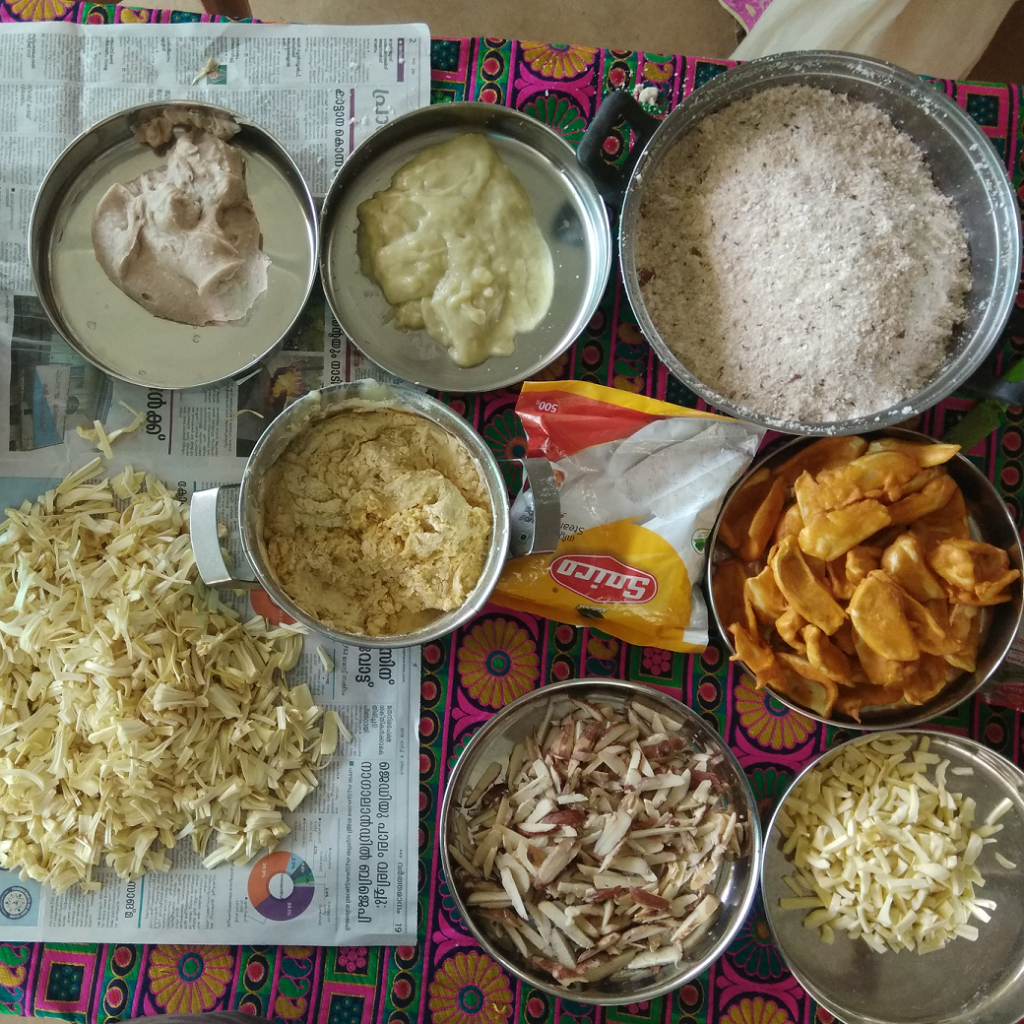Preventative nutrition and health care is the best way to save yourself from getting sick or developing a major illness. What we put into our bodies is the biggest factor in how our body works. The lack of nutrients can lead to disease and some of the most common diseases across the globe are diabetes and cancers, which can occasionally come from an unhealthy diet and health care.
getting sick or developing a major illness. What we put into our bodies is the biggest factor in how our body works. The lack of nutrients can lead to disease and some of the most common diseases across the globe are diabetes and cancers, which can occasionally come from an unhealthy diet and health care.
Obesity and diabetes are diseases that are mainly caused by diet and exercise. Diabetes is caused by insulin resistance which means that your body cannot produce enough insulin to break down glucose. Insulin resistance begins to occur in the body when your pancreas has been producing a greater amount of insulin to keep up with your food intake and eventually cannot produce enough to break down the amount of glucose that you ingest (Symptoms & Causes). In the United States, 14.7 percent of the population have diabetes (Adult Obesity) and it can be directly linked to their diets. As a country, Americans are over eating meat and processed grains and not eating enough fruits and vegetables.
If you are diagnosed with diabetes it is important to go one a diet that will help to stop the progression of your diabetes and hopefully start to reverse it. When one refers to a “diabetic diet” they are talking a diet in which one eats healthy meals in moderate amounts as well as sticking to regular meal times. In terms of preventative of medicine, it is important to stay away from fried foods, sugary beverages, and foods containing a high amount of trans fat (Diabetic Diet). One that has diabetes should be consuming a nutrient dense and low-fat diet. Some superfoods for preventing diabetes and obesity are dark leafy green vegetables, whole grains, nuts, and tomatoes.
Diabetes and obesity are not just common in the United States and but also other countries around the world, including India, which is surprisingly the diabetes capital of the world. India has as many as 50 million people suffering from Type 2 diabetes (India). According to the World Health Organization, an estimated 1.6 million people die from high blood sugar (Diabetes). The Wayanad diet may contribute to obesity. Their diet includes foods high in fat such as oil and ghee. Though vegetables are readily consumed, they are often overcooked resulting in little nutritional value. They also consume a large amount of foods high in starch such as rice and root vegetables, which spikes your blood sugar levels. Starch is not directly linked to diabetes but when it is ingested with foods high in fat chances increase. Although the people of Wayanad are not usually obese, their unbalanced diet can lead to health problems such as diabetes.
To prevent getting Type 2 Diabetes and other health problems, it is important to control your diet and fill it with foods that are healthy for you as well as exercising on a regular basis. Physical activity helps to raise your metabolism and burn off excess fat. When changing your diet you should look to lower the amount of sugar, saturated, and trans fat. You do not have to eliminate all foods containing fat, but you should look for “healthy fats” such as avocados and nuts. Another important food group to include in your diet is dark leafy green vegetables such as kale and spinach. This group of vegetables is high in lots of vitamins and antioxidants which help to keep you healthy! To sum it up, food and diet is imperative for staying healthy! Profugo has several health-related initiatives in place, such as the Organic Kitchen Garden project, which encourages community members to grow healthy vegetables for the nutritional benefit of the families. To learn more, please visit www.profugo.org.
References:
“Adult Obesity” https://stateofobesity.org/adult-obesity/
“Symptoms and Causes” https://www.niddk.nih.gov/health-information/diabetes/overview/symptoms-causes
“Diabetic Diet” https://medlineplus.gov/diabeticdiet.html
“Diabetes”http://www.who.int/diabetes/en/
“India” https://timesofindia.indiatimes.com/life-style/health-fitness/health-news/India-is-the-diabetes-capital-of-the-world/articleshow/50753461.cms

Leave a Reply
You must be logged in to post a comment.